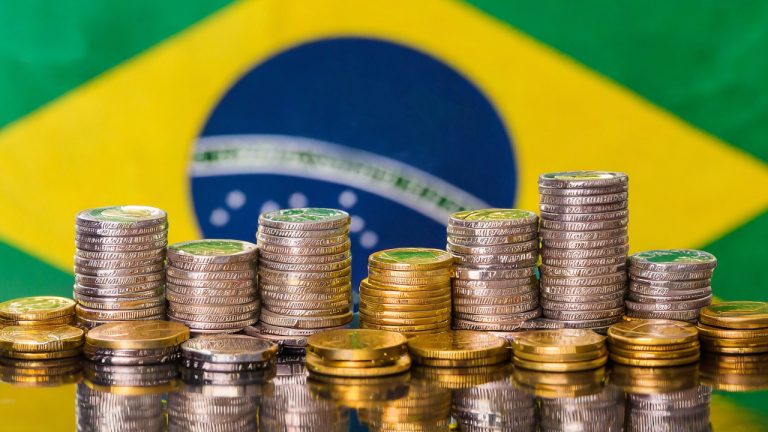
The Brazilian Tax Authority (RBF) recently published an article acknowledging the growth in stablecoin trading in the country, which has taken the Brazilian cryptocurrency market by storm. The most transacted stablecoin is Tether's USDT, which has moved more than 271 billion reals (close to $54 billion) since the organization started registering these purchases in 2019.
Brazilian Tax Authority Reports Stablecoin Trading Growth
The Brazilian tax authority (RBF) has recently reported "vertiginous growth" in the trading of stablecoins, tokens tied to the value of other currencies, in the country, surpassing the volumes of cryptocurrencies like BTC. The organization states that their characteristics make them "more stable in value," expanding the possibility of using them as a means of payment.
The data received by the organization from exchanges that have to report their movements by law, puts Tether's USDT, USDC, and BRZ, a Brazilian real-pegged stablecoin, as the most traded stablecoins in Brazil. However, USDT's trading volumes are higher than the two others, being present in 80% of all the transactions in 2023.
The institution had reported previously that during the first two quarters of 2023, more than $18 billion were transacted using USDT, commanding more than 80% of the volume moved during that period.
USDT Leadership Confirmed
The Brazilian tax authority confirmed USDT's leadership in the Brazilian cryptocurrency market, stating that it might affect the future regulatory oversight of these assets. The institution stated:
The trading of Bitcoin and other cryptocurrencies has been largely overtaken by the movement of stablecoins like Tether. This change deserves attention, as it could have significant implications for the tax and regulatory scenario for cryptocurrencies in the country.
According to the authority, since it started receiving reports in 2019, USDT transactions have reached more than 271 billion reals (close to $54 billion). USDT's reported trading volumes overtook BTC in 2022, skyrocketing since July 2022.
Tether's CEO Paolo Ardoino commented on the report, stating that the growth was natural due to the usefulness of USDT. On this, he declared:
USDT adoption in Brazil is skyrocketing. When a product is useful for real, and solves RWP (real world problems), it simply gets used.
In January, several Brazilian experts explained why Brazilians preferred stablecoins instead of dollars to hedge against devaluation and inflation. Jose Artur Ribeiro, CEO of Coinext, a national exchange, stated this was due to the lack of administration or performance fees and to the existence of a 24-hour live liquid market for negotiating these assets.
What do you think about the prevalence of Tether in the Brazilian cryptocurrency market? Tell us in the comment section below.
Source: Bitcoin.com

No comments:
Post a Comment